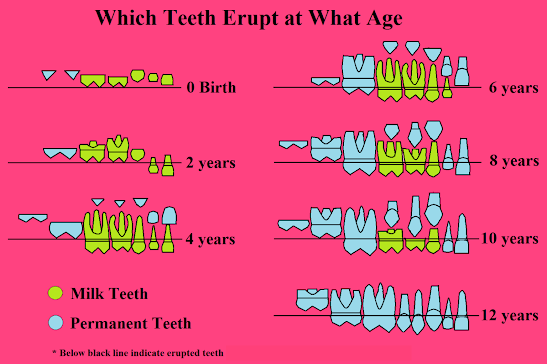Dental Plaque: Why It Is Important to Know

Contents hide 1 What is dental plaque? 2 What causes dental plaque? 3 What are the symptoms of plaque? 4 What are the complications of plaque? 4.1 Dental Calculus (Tarter) 4.2 Plaque causes: 5 Which individuals are at a higher risk of developing plaque? 6 How can you detect plaque? 7 Treatment of Dental Plaque 8 How to Prevent Plaque? 8.1 Good Oral Hygiene 8.2 Regular dental visit 8.3 Eat healthy foods 8.4 Chew your food 8.5 Avoid use of tobacco 8.6 Self-examination 8.7 Other preventive measures 9 Conclusion Dental plaque is the primary cause of tooth decay, gum disease (pyorrhea) and bad breath. However, dental plaque can be easily prevented with good oral hygiene. In this article, we will explore the causes, complications and prevention of dental plaque. What is dental plaque? Dental plaque is a sticky, colorless film composed of bac...


